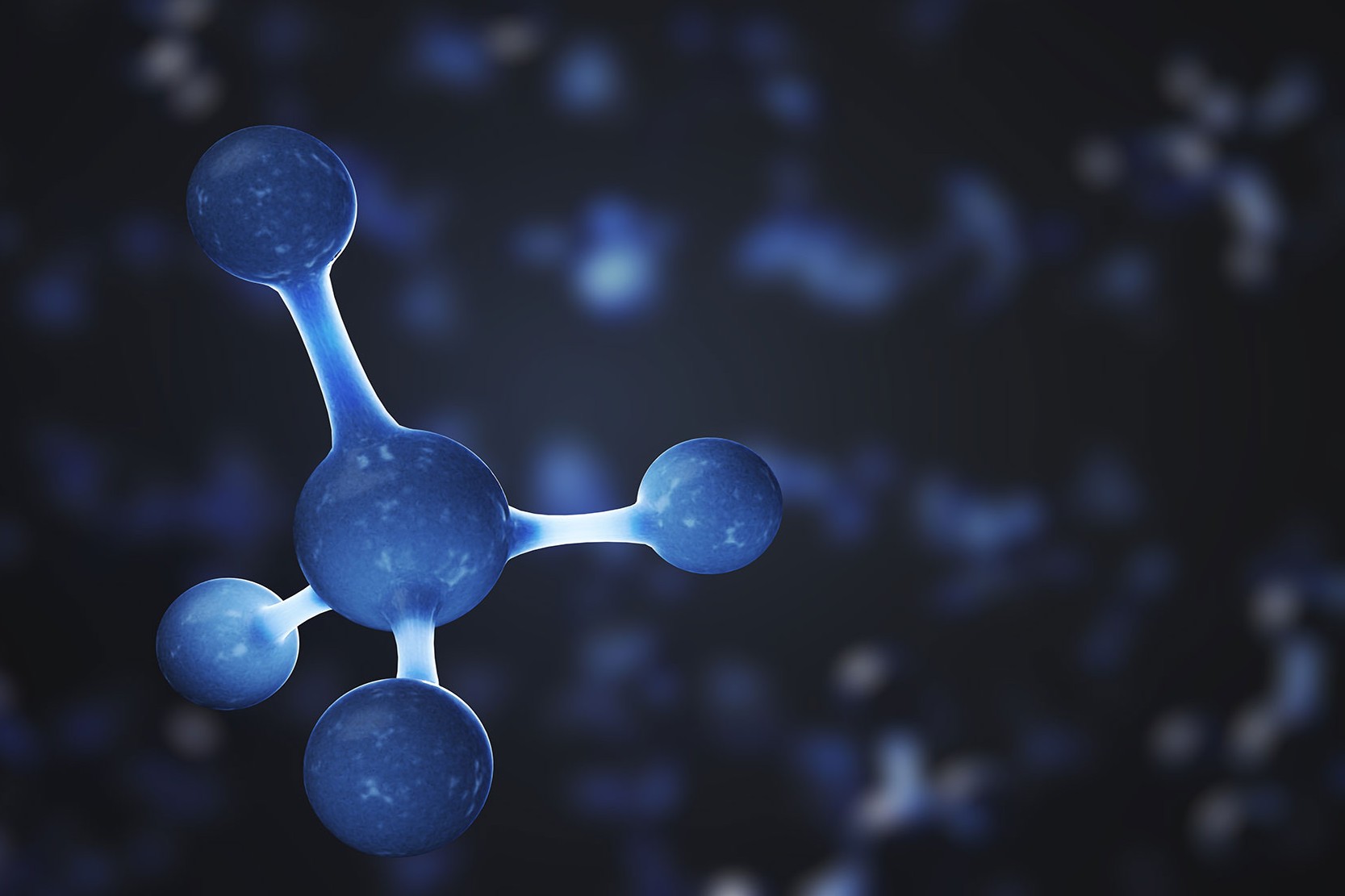
Hydrocarbons are fascinating compounds made up of hydrogen and carbon atoms. They form the backbone of organic chemistry and are found in everything from fuels to plastics. But what makes them so special? Hydrocarbons can be simple, like methane, or complex, like octane. They can be gases, liquids, or solids. Their versatility makes them crucial in various industries, including energy, manufacturing, and even medicine. Did you know that hydrocarbons are also a major component of natural gas and petroleum? Understanding these compounds can help us appreciate their role in everyday life. Ready to learn more? Let's dive into 33 intriguing facts about hydrocarbons!
What Are Hydrocarbons?
Hydrocarbons are fascinating compounds made up of hydrogen and carbon atoms. They form the backbone of organic chemistry and are essential in various industries. Let's dive into some intriguing facts about these versatile molecules.
-
Hydrocarbons are the primary components of fossil fuels like coal, oil, and natural gas.
-
They can be classified into four main types: alkanes, alkenes, alkynes, and aromatic hydrocarbons.
-
Methane, the simplest hydrocarbon, consists of one carbon atom bonded to four hydrogen atoms.
-
Hydrocarbons are hydrophobic, meaning they do not mix well with water.
-
They are used as a primary source of energy in many applications, including transportation and electricity generation.
Types of Hydrocarbons
Understanding the different types of hydrocarbons helps in grasping their diverse applications and properties. Each type has unique characteristics that make them suitable for various uses.
-
Alkanes, also known as paraffins, have single bonds between carbon atoms and are saturated hydrocarbons.
-
Alkenes, or olefins, contain at least one double bond between carbon atoms, making them unsaturated hydrocarbons.
-
Alkynes have at least one triple bond between carbon atoms, which also makes them unsaturated.
-
Aromatic hydrocarbons, like benzene, have a ring structure with alternating double bonds, known as conjugated pi systems.
-
Isomers are compounds with the same molecular formula but different structures, and hydrocarbons can have many isomers.
Uses of Hydrocarbons
Hydrocarbons play a crucial role in everyday life. Their applications range from fuel to raw materials in various industries.
-
Gasoline, a mixture of hydrocarbons, powers most internal combustion engines.
-
Propane, a hydrocarbon, is commonly used for heating and cooking.
-
Ethylene, an alkene, is a key raw material in the production of plastics.
-
Butane is used in lighters and portable stoves.
-
Naphthalene, an aromatic hydrocarbon, is used in mothballs and as a chemical intermediate.
Environmental Impact
While hydrocarbons are incredibly useful, they also have significant environmental impacts. Understanding these effects is crucial for developing sustainable practices.
-
Burning hydrocarbons releases carbon dioxide, a greenhouse gas contributing to global warming.
-
Oil spills, involving hydrocarbons, can cause severe environmental damage to marine and coastal ecosystems.
-
Methane is a potent greenhouse gas, with a much higher warming potential than carbon dioxide.
-
Incomplete combustion of hydrocarbons can produce carbon monoxide, a toxic gas.
-
Hydrocarbons can contribute to air pollution, forming smog and particulate matter.
Interesting Chemical Properties
Hydrocarbons exhibit various chemical properties that make them unique and useful in different chemical reactions and processes.
-
Hydrocarbons can undergo combustion reactions, releasing energy in the form of heat and light.
-
They can participate in addition reactions, where atoms are added to the carbon-carbon multiple bonds.
-
Hydrocarbons can also undergo substitution reactions, where one atom or group of atoms is replaced by another.
-
Cracking is a process where large hydrocarbon molecules are broken down into smaller ones, often used in refining petroleum.
-
Hydrocarbons can form polymers, long chains of repeating units, which are the basis of many plastics.
Hydrocarbons in Nature
Hydrocarbons are not just man-made; they also occur naturally in various forms and play essential roles in the environment.
-
Natural gas, primarily composed of methane, is a significant source of energy.
-
Crude oil, a complex mixture of hydrocarbons, is refined to produce fuels and other products.
-
Some plants produce hydrocarbons as part of their natural defense mechanisms.
-
Hydrocarbons are found in the lipid membranes of cells, providing structural integrity.
-
Certain bacteria can metabolize hydrocarbons, playing a role in bioremediation of oil spills.
Fun Facts About Hydrocarbons
Let's wrap up with some fun and lesser-known facts about hydrocarbons that highlight their versatility and importance.
-
The word "hydrocarbon" comes from the Greek words "hydro" (water) and "carbon" (coal).
-
The longest hydrocarbon chain discovered has over 60 carbon atoms.
-
Hydrocarbons are used in the production of synthetic rubber, essential for making tires and various industrial products.
Hydrocarbons in Everyday Life
Hydrocarbons are more than just chemical compounds; they're a big part of our daily lives. From the fuel in our cars to the plastic in our gadgets, these molecules are everywhere. They play a crucial role in energy production, manufacturing, and even in the creation of everyday products like cosmetics and pharmaceuticals.
Understanding hydrocarbons helps us appreciate their importance and the impact they have on our world. They’re not just about oil and gas; they’re about innovation, sustainability, and the future of energy. As we move towards greener alternatives, knowing how hydrocarbons work can guide us in making better choices for our planet.
So next time you fill up your tank or use a plastic item, remember the science behind it. Hydrocarbons are a key part of the story, shaping our present and future in countless ways.
Was this page helpful?
Our commitment to delivering trustworthy and engaging content is at the heart of what we do. Each fact on our site is contributed by real users like you, bringing a wealth of diverse insights and information. To ensure the highest standards of accuracy and reliability, our dedicated editors meticulously review each submission. This process guarantees that the facts we share are not only fascinating but also credible. Trust in our commitment to quality and authenticity as you explore and learn with us.
